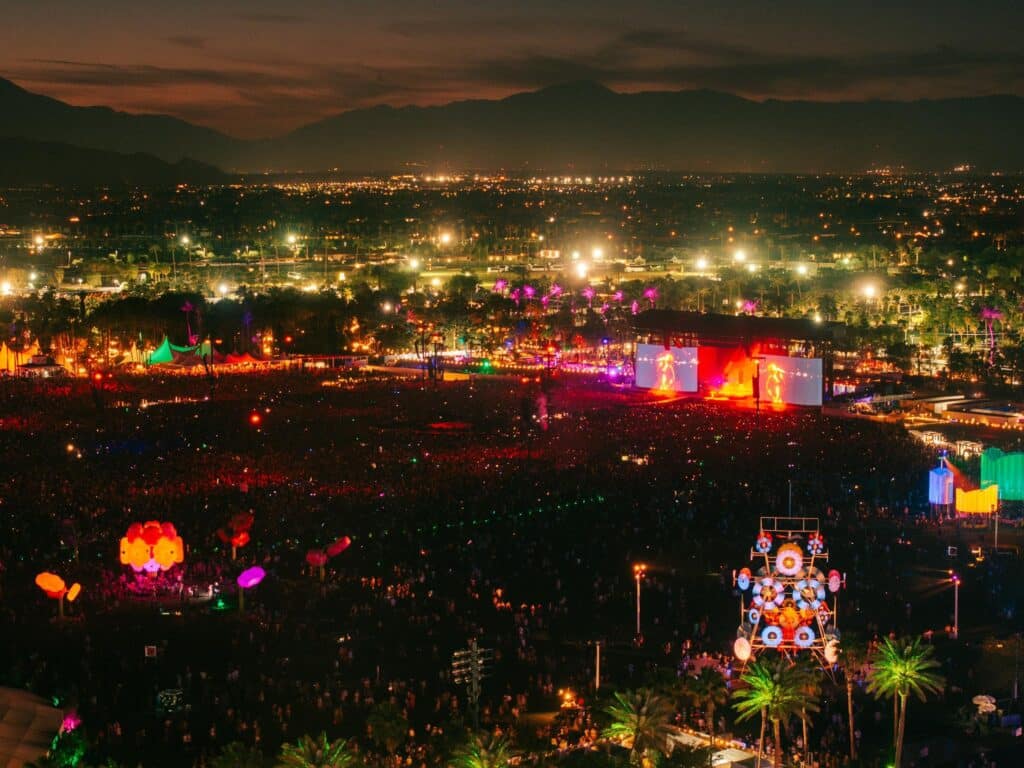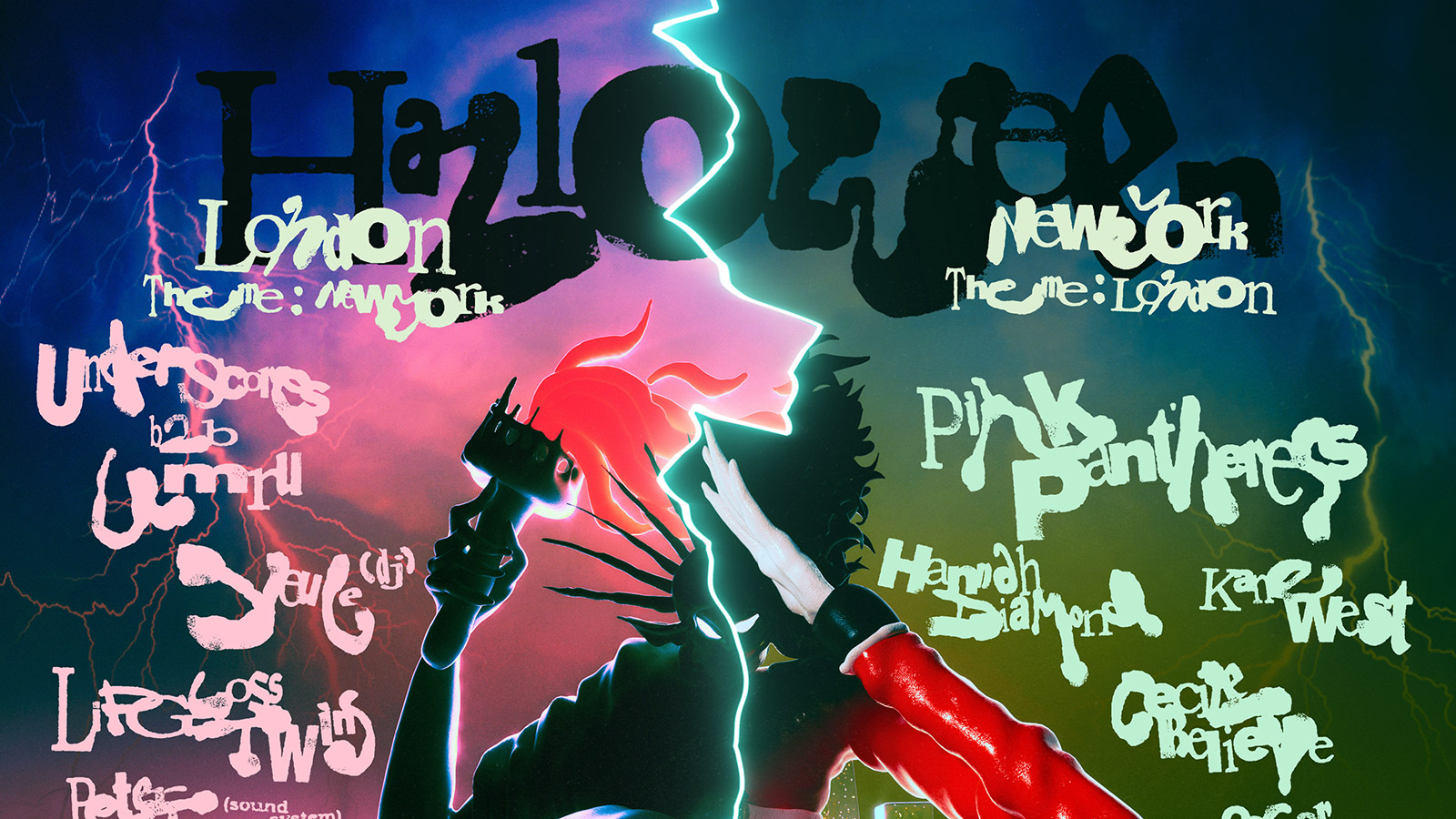Sometimes it's a weapon that cuts toward others, sometimes it carves inward. But when it is turned outward – at systems or a hand over the mouth – it can become something closer to light. Music is especially a tool like this. The right artist or band can forge it into a knife at the throat of those who profit from suffering. Few do this with clarity. Fewer do it without posturing. And almost no one does it with the kind of bleeding sincerity that Manchester's Maruja manages on Pain to Power.
To repeat, Maruja's debut full-length doesn't posture; it doesn't even attempt to intellectualise pain, nor does it exploit topical matters for its own advantage. This record bleeds it, gnashes it, whips it all into sound, and lets it spill into the streets, which are replete with an uneasiness they seem to have uniquely tapped into. This is dark, messy, chaotic art rock, born from absolute despair and a sense of disillusionment, ready-made to be shaped into the deadliest of weapons. Pain to Power lives in the cracks between pointed protest and a desperate prayer sent toward anyone who would give a damn. And as likely as this record can slip in a reference to Fred Hampton (“Trenches”), it will just as easily fall into a distorted breakdown that feels like a towering building collapsing on top of you. And yet somehow, through all the distortion and decay, it invites us in – not to witness, but to reckon and maybe even to take action.
There's a moment in "Born To Die", about six and a half minutes in, when everything disintegrates into something as close to silence both in silence and in feeling, and you can sense your body tense. Not because of what's no longer being played, but because of what's coming. And when it comes – brass blaring, drums slashing through, guitars squealing in a Rage Against The Machine fashion that's more flattering than it is pastiche – it's confrontational to the most detonative degree. This is music that doesn't just encounter you where you are; it drags you to where your wounds were made and says, "Look, this is where it bleeds, where it festers and nags. And this – this is who did it."
Still, for all the genuine power in these moments, there's a pattern here that threatens to dull the edge. Too many songs close with mantra-like repetitions that seem designed to imprint some grand truth on the listener, even on the record's most impressive moments like "Bloodsport" and "Trenches". And while the intent is admirable – and at times, gutting – it can also feel too much like a thesis statement stapled to the final page. Rather than embedding these ideas deeply within the marrow of the songs, Maruja sometimes tapes them onto the ends, hoping they'll stick harder. But some of the best protest songs don't say "Here's what I mean" – they let you feel it in your bones first.
The band’s strengths, however, don’t hinge on when they do break back against an unflattering formula, but in stirring something vital within its walls. The way they blend barbed verses – often rapped – with heavy post-rock tension, harsh noise, and free-wheeling saxophone shouldn't work, but it does – beautifully and brutally. "Break the Tension" grows and intensifies like the worst of migraines, with guitars screeching like fingernails on concrete, drums barreling forward like they've got something to prove. It's asphyxiating, but never careless, as every turn feels earned, even as it teeters on the edge of collapse. There's no indulgence here – just focused rage, spiritual fatigue, and a very real fear that nothing is ever going to change. "Can't make a difference / Can't stop the feeling," frontman Harry Wilkinson announces repeatedly, not as resignation but as a dare.
What makes Pain to Power feel so vital, though, isn't just its volume or abrasion. It's the empathy undergirding every blow. These aren't songs about nameless pain or generic unrest. They come from a UK still reeling, from communities gutted by broken policy and media gaslighting. They come from a world that's trained us to scroll past an ongoing genocide in Gaza, to tune out migrant suffering, to swallow the insidious racism of a fascist state and call it tradition. But Maruja doesn't look away, and they force us to look, too, because through it all – the malaise, the dissent, and destruction – "It's our differences that make us beautiful." When we can lean into this resounding notion, we have the ability, in whatever capacity or level of privilege we are afforded, to break patterns, forego profit, and end genocides.
This ethos, though most clearly articulated in a track like "Saoirse", bleeds through every second of the record. You don't just listen to these songs – you carry them with you as you brave life. And as a result, Pain to Power has a communal weight to it, a spirit of bearing one another's suffering, breath, and deliverance. It's music where trauma isn't commodified but acknowledged. And while this communal air isn't created with the most graceful hands— some moments repeat themselves when you want them to surprise, while some climaxes arrive with too much predictability – it is made by hearts that are urgent and deeply convicted.
Pain to Power isn't trying to impress you with artistic finesse; it especially doesn't care about polish. This band and this record want you to punch a hole in the wall, ask if you're willing to step through it – and then beckon others to do the same. There's no guarantee what's on the other side. There's discomfort in that. But discomfort, at the very least, means you're feeling something. And that's a start. Maruja and their defiant debut record meet us at that starting point, helping us to make sense of a world gone numb, to turn numbness into feeling and fire.

 4 days ago
14
4 days ago
14


















 English (US) ·
English (US) ·